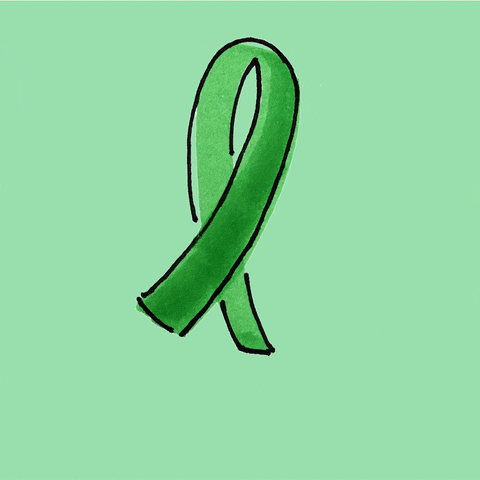In recent years, there has been an increase in conversations around mental health. However, when we think of mental health, we think of depression, anxiety, and other such conditions. But mental health is a lot broader than that.
So, what is mental health? According to the World Health Organisation (WHO),
Mental health is a state of well-being in which an individual realises his or her own abilities, can cope with the normal stresses of life, can work productively and is able to make a contribution to his or her community.

The most important part to note here is ‘normal stresses of life’. But, often we don’t deal with normal stresses which our body is built for. Instead, we are dealing with chronic or toxic stress. This means that we experience events like the loss of a loved one, loss of a job, difficulty in marriages, etc. These are factors that lead to prolonged stress and the overdrive of our stress management system.
So, if there is prolonged stress, our body keeps releasing cortisol, and it affects the happy hormones, taking over our appetite, sleep, mood, emotions and sex drive. And if we don’t take care of it, it can lead to depression, anxiety and other forms of mental health concerns.
So, what can we do? We reached out to Nyana Sabharwal, Founder of Safe Space India to find out just that. Nyana says,
Well, for starters, don’t go on and on and on, without listening to your body and mind, as that will lead to continuously being under stress. Selfless self-sacrifice is no longer ‘cool’. Gone are the days of the tired, self-sacrificing woman, who has no smile, is always working, not taking care of herself, who feels sorry for herself because she has no time for anything. Science now says, a happy and healthy woman, makes for a happy and healthy home, parent, partner, boss—you name it! So, managing stress starts with self-care. The new antidote to mental health concerns is self-care.
Scroll down to read some of Nyana’s self-care tips!
1. Listen To Your Emotions

Emotions are neither good nor bad. They usually are telling you something. If we listen to our emotions carefully, we will get them the attention they need and resolve them in a healthy way, rather than blocking them and having them erupt elsewhere.
2. Journaling

Spending 15 minutes a day writing freely, without thinking too much, is a great way to release subconscious thoughts. This brings things to the surface and allows us to then address them. Unresolved issues lead to more stress.
3. Emotional Regulation

Stress makes us agitated, angry, fearful, worried and tired. Recognising the emotion, and naming it correctly, releases the emotion and allows your body to not go into stress mode. Use an emotion wheel to identify the emotion better. Check-in with your emotions at least three times a day!
4. Mindful Breathing

A great tip to soothe one’s self when angry, upset, scared or anxious is to breathe in for four counts, hold for two counts, and release for six counts. This brings your body and mind into the present, ready to be regulated again.
5. Self-Talk Is Real

We all have an inner critic trying to protect us from “failure”, being “silly”, not looking “dumb”…things we believe about ourselves. Our inner critic can be fairly rude and mean, and this can lead to a heightened state of stress and being under constant vigilance of self-judgment. Wait for a beat, talk to yourself as though you are your best friend, rather than your worst critic. You will be happier and more motivated.
6. Speak To Someone

Always talk to loved ones and friends about what you are going through. Talking is brave, there is no success in suffering alone. If there is a fear of judgment, reach out to a counsellor or a therapist.
Self-care is a step towards taking care of our thoughts and emotions and managing them better. Often, when we feel low, we think it’s bad and that we are not strong. We pressurise ourselves to seem perfect and in control. That is an unrealistic benchmark. Speaking to a therapist allows you to find a safe space without judgment. It will take you closer to a healthy way of being.
What would you like to add to this list of self-care tips? Please share it with us in the comments below!
Join Malini’s Girl Tribe on Facebook to be a part of more such conversations!

